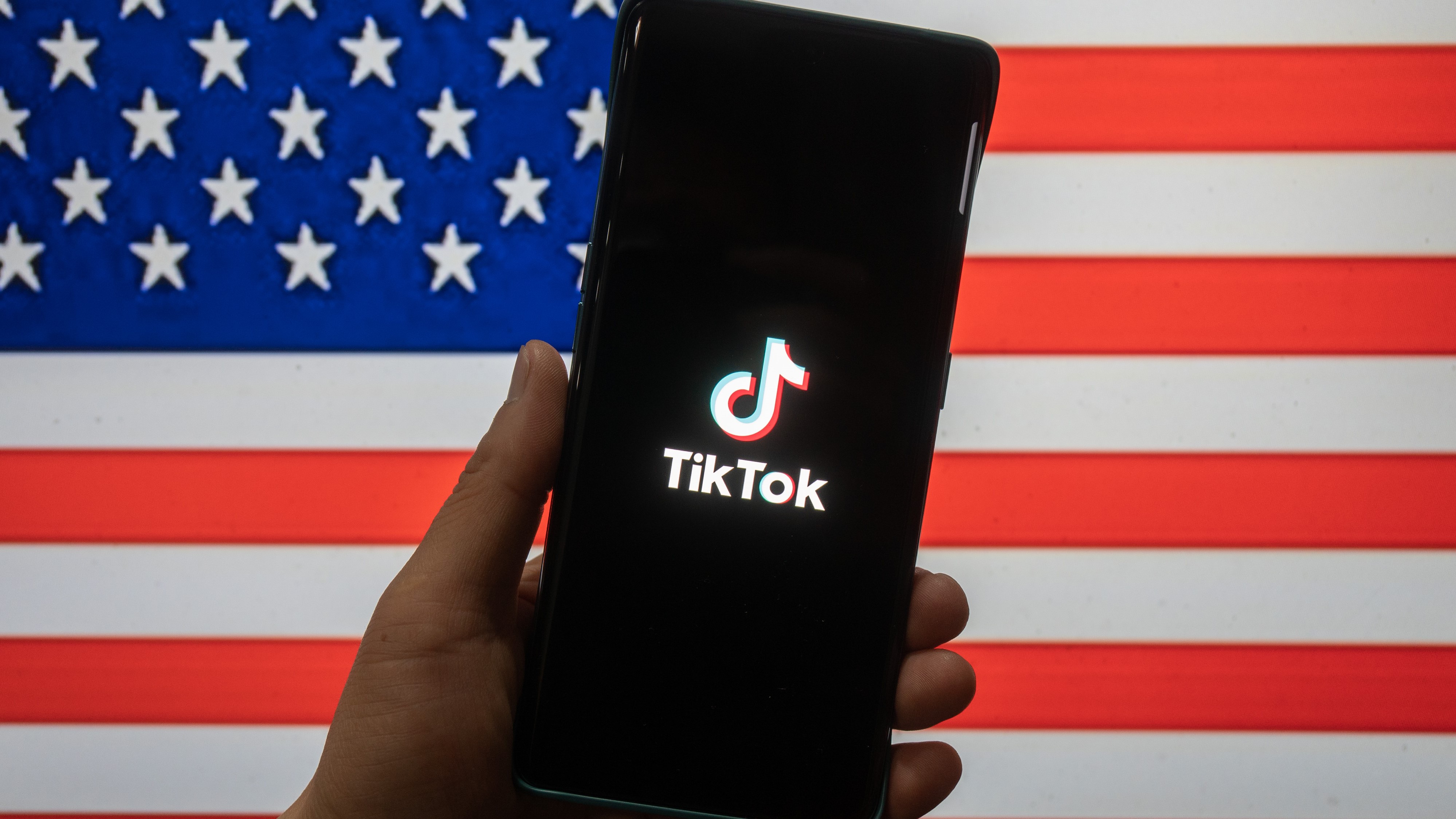Exclusive: Most people are put off by TikTok's personal data gathering
Many people would be "very nervous" to learn TikTok was harvesting sensitive data

People have strong feelings about TikTok harvesting and accessing sensitive data about them, according to our survey of 1,000 TechRadar Pro readers (500 in the US and 500 in the UK).
We found that the majority of those that use the platform do care if the company tracks their biometric data, the way they look, or if it harvests the data generated through their devices’ sensors.
What’s more, the majority of those using the platform would either be “very nervous” or “cautious” about the possibility of TikTok accessing their sensitive data. When asked if they thought TikTok gathered more sensitive data compared to other social media companies, the majority on both sides of the pond said they didn’t know, and some also added that it didn’t really matter.
Popular and controversial
TikTok is a social media platform on which users can post short video clips. It quickly became the most popular social media platform in the world, currently in use by more than 1.53 billion people, according to the latest figures from Demand Sage.
It was developed by a Chinese company called ByteMedia, which was founded over a decade ago, and it has generated many controversies. The US Government, for example, argues that TikTok is being used by the Chinese authorities to spy on their Western adversaries.
Two weeks ago, the US Senate introduced a new bill, called the RESTRICT Act, which “prohibits certain transactions between persons in the United States and foreign adversaries”.
While TikTok itself is not explicitly used as an example in the bill, its introduction could well be seen as the government’s opening salvo in its attempts to ban the app nationwide.
Are you a pro? Subscribe to our newsletter
Sign up to the TechRadar Pro newsletter to get all the top news, opinion, features and guidance your business needs to succeed!
TikTok is already prohibited on government devices, a move echoed by the EU, UK, Canada, and others. The Guardian reported that the White House appears to be "very in favor" of the bill, and its progression to the House of Representatives and subsequently the President’s desk looks likely.
In its current state, it’s unclear exactly how the bill might be enforced, and how the government might exploit it. However, its heavy-handed nature may prove worrying for those concerned about maintaining a free internet.
- Here are the best firewalls at the moment
Sead is a seasoned freelance journalist based in Sarajevo, Bosnia and Herzegovina. He writes about IT (cloud, IoT, 5G, VPN) and cybersecurity (ransomware, data breaches, laws and regulations). In his career, spanning more than a decade, he’s written for numerous media outlets, including Al Jazeera Balkans. He’s also held several modules on content writing for Represent Communications.